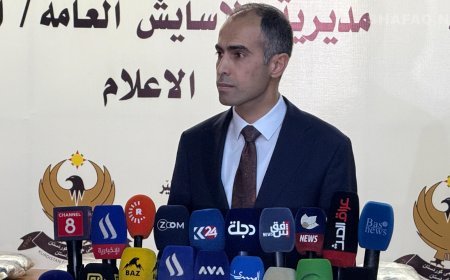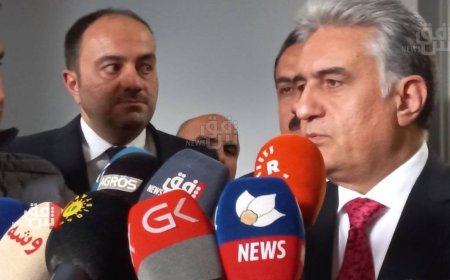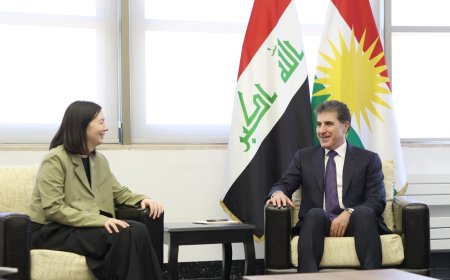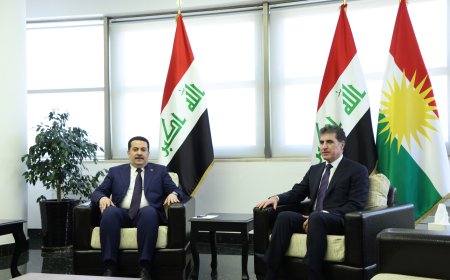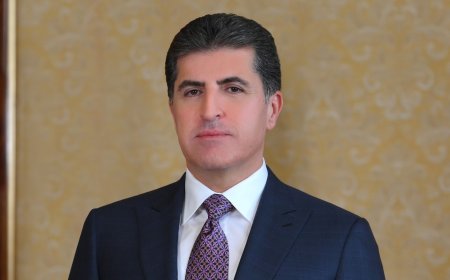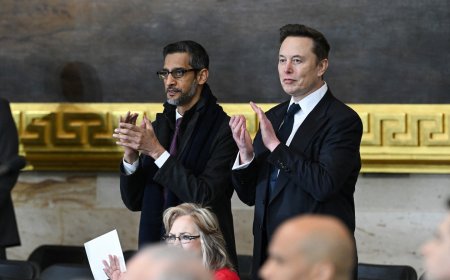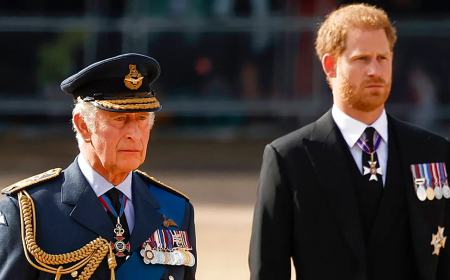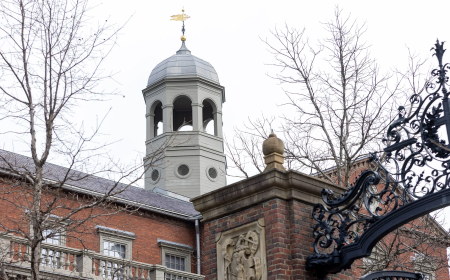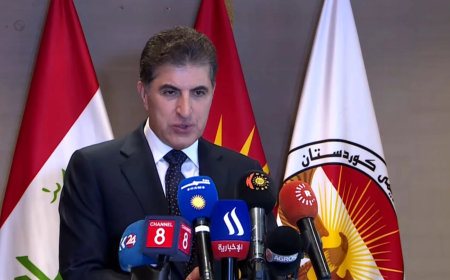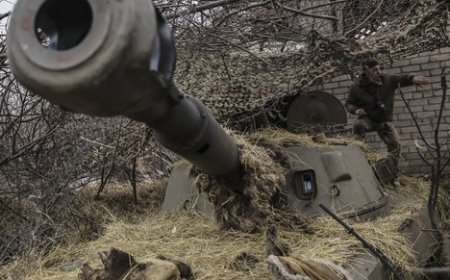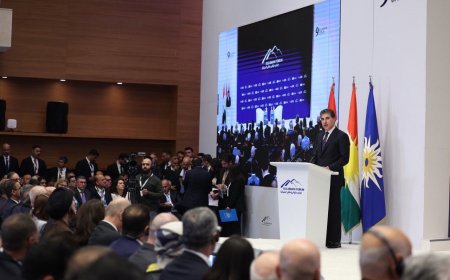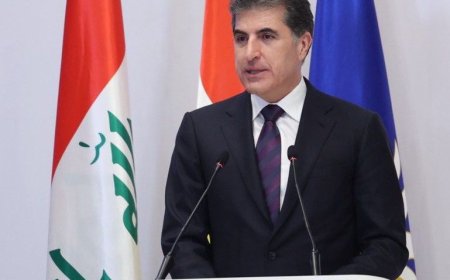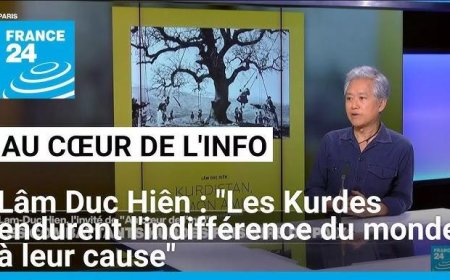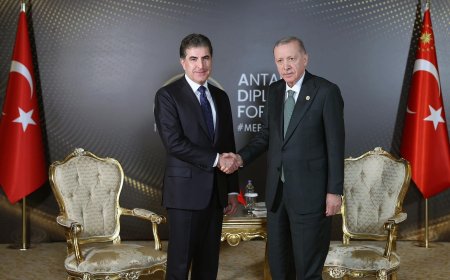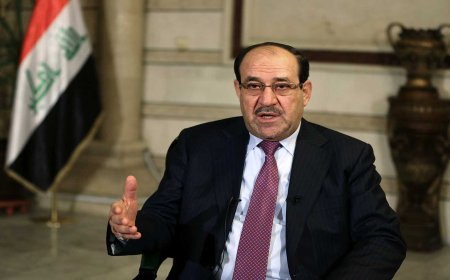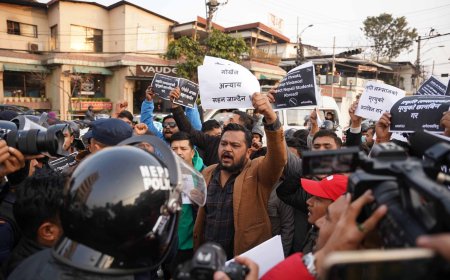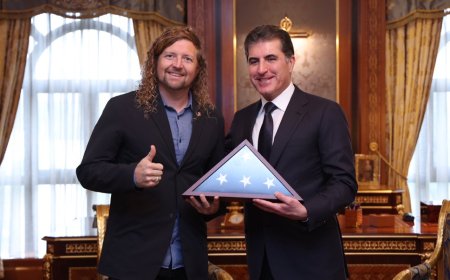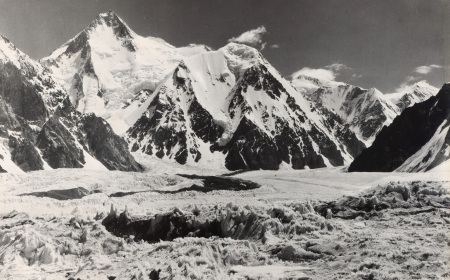From Conflict to Cooperation: President Nechirvan Barzani’s Role in Regional Stability and Development
By Halat Laz / Politician
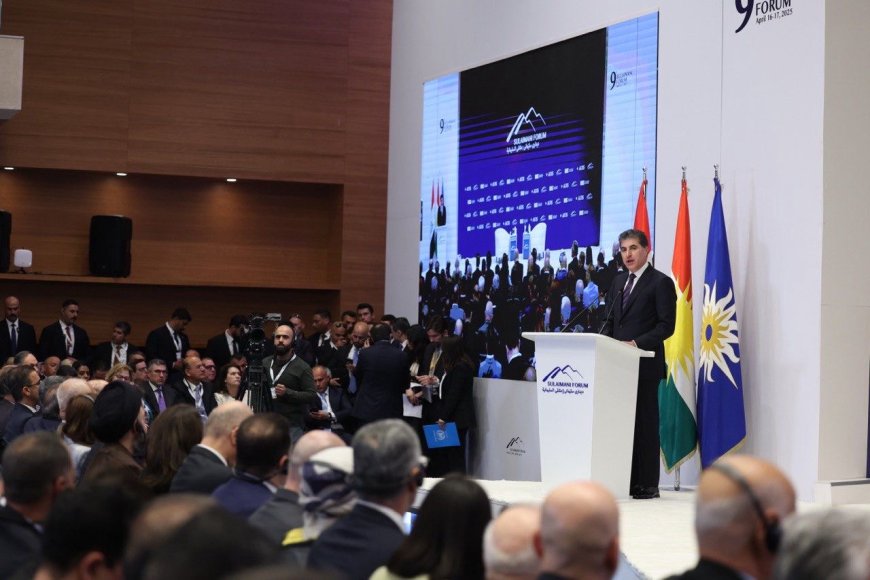
The Middle East has long been a region marked by ethnic conflicts, national struggles, and deep-rooted political grievances. Among the most enduring of these is the Kurdish issue, a multi-faceted challenge that stretches across the borders of Iraq, Iran, Turkey, and Syria. For decades, Kurdish populations have endured marginalization, repression, and denial of basic rights. In this complex and often volatile context, President Nechirvan Barzani of the Kurdistan Region of Iraq has emerged as a visionary leader whose peaceful, rights-based approach to the Kurdish question represents a significant departure from past narratives of resistance and violence. His diplomatic philosophy, recently articulated in a powerful speech in Sulaymaniyah, puts forward a transformative framework centered on dialogue, partnership, and constitutional solutions. This essay explores the key components of President Barzani’s vision, its theoretical foundations, and its broader implications for sustainable peace and inclusive development in the Middle East.
President Nechirvan Barzani’s approach is anchored in the conviction that the Kurdish issue must be addressed within the constitutional and legal systems of the states where Kurds reside. Rather than seeking a one-size-fits-all resolution or resorting to separatism or violent confrontation, he proposes a pragmatic and context-sensitive strategy. This vision respects the sovereignty of nation-states while firmly advocating for the rights and dignity of the Kurdish people. At its core, it reframes Kurds not as a threat to stability but as active contributors to peace and regional cooperation.
This vision is a bold departure from previous discourses that alternated between victimhood and defiance. It replaces zero-sum thinking with a positive-sum paradigm, wherein all parties stand to gain from peaceful coexistence. It does not rely on international pressure or armed struggle but builds on dialogue, mutual respect, and shared development goals. In doing so, President Barzani’s approach offers not only a new path for the Kurdish people but also a model for resolving ethnic conflicts more broadly.
Central to this new vision is a political philosophy grounded in peace, mutual recognition, and historical reconciliation. President Barzani’s diplomatic stance emphasizes five key principles:
1. Case-Specific Solutions: Recognizing the unique political and social realities in Iraq, Iran, Turkey, and Syria, Barzani advocates for tailored solutions that respect the legal and constitutional frameworks of each state. This rejects any notion of uniform or externally imposed solutions.
2. Respect for Sovereignty and Legal Order: By emphasizing the need to operate within existing state structures, Barzani demonstrates a deep respect for sovereignty—an approach that builds trust with national governments and international actors alike.
3. Rejection of Violence: The President unequivocally dismisses armed conflict and external intervention as viable paths forward. Instead, he promotes institutional dialogue and civic engagement as tools for change.
4. Historical Memory as a Bridge, Not a Weapon: While acknowledging past injustices, Barzani resists the temptation to use history as a political weapon. Instead, he invokes memory to call for reconciliation and shared humanity.
5. Unity Before Outreach: Barzani underlines the importance of internal Kurdish unity, particularly among Syrian Kurdish factions, as a prerequisite for constructive engagement with state actors. This internal coherence is essential for presenting a credible and unified front in external negotiations.
Perhaps the most groundbreaking aspect of President Barzani’s approach is his reimagining of Kurds as vital stakeholders in regional peace. He argues that Kurdish communities—historically painted as rebels, separatists, or victims—should instead be viewed as pillars of regional stability. This reframing is crucial in shifting the narrative from exclusion to inclusion, from confrontation to collaboration.
In practical terms, this means engaging Kurdish populations as development partners, cultural contributors, and agents of stability. For example, in Iraq, the Kurdistan Region has played a stabilizing role in times of crisis, from hosting displaced communities to fighting terrorism in cooperation with the Iraqi government and international coalitions. By extending this model to the broader region, Barzani makes a compelling case for Kurdish participation in peacebuilding, not as an exception, but as a rule.
President Barzani’s speech in Sulaymaniyah goes beyond rhetoric; it offers a concrete roadmap for regional transformation. It promotes a model of coexistence in which diversity is not a threat but a resource. His emphasis on inclusive governance resonates with contemporary global understanding that peace and development are inextricably linked.
This vision supports three key regional outcomes:
1. A Framework for Ethnic and Religious Reconciliation: By prioritizing local solutions and mutual respect, Barzani’s approach can serve as a model for resolving other identity-based conflicts in the region, from sectarian divides to ethnic minority grievances.
2. Institutional Trust-Building: The proposal to use constitutional mechanisms and dialogue enhances the legitimacy of state institutions and can build confidence between minorities and central governments.
3. A Shift Toward Cooperative Regionalism: In a region often plagued by majoritarianism and external meddling, the idea of interdependence and mutual benefit offers a refreshing alternative. Barzani promotes the idea that Kurdistan’s stability is Iraq’s strength, and by extension, a benefit to the wider region.
While the vision is intellectually and morally sound, its implementation faces several practical challenges. First, it requires a unified stance among Kurdish political factions across national borders—a goal that remains elusive due to ideological and strategic differences. Second, the success of this vision depends on the willingness of host state governments to recognize Kurdish aspirations and engage in meaningful dialogue. Third, international actors must play a constructive role by supporting dialogue-based initiatives and rejecting militarized responses to ethnic demands.
To move from vision to reality, the following steps are critical:
1. Unified Messaging from Kurdish Political Leadership: Across the four countries, Kurdish leaders must coordinate their diplomatic language and strategies.
2. Domestic Reform within Host States: Governments in Iraq, Iran, Turkey, and Syria must be encouraged to reform laws and practices that marginalize Kurds and other minorities.
3. International Mediation and Monitoring: Organizations such as the UN, EU, and regional blocs can help facilitate and monitor dialogue processes to ensure transparency and progress.
4. Investments in Inclusive Development: Economic and social programs that benefit Kurdish regions must be prioritized to build the material foundations of peace.
5. Civic Education and Media Engagement: Promoting the values of coexistence and mutual respect through education and public discourse will be essential for changing mindsets.
President Nechirvan Barzani’s peace-driven diplomacy is not an isolated endeavor. It is rooted in a historical lineage that includes his father, the late Idris Barzani, who championed peaceful engagement during the height of the Kurdish civil war in the 1980s, and his grandfather, Mulla Mustafa Barzani, who pardoned former rivals and reintegrated dissenting voices in the late 1960s. This legacy of reconciliation now finds a new expression in Nechirvan Barzani’s statesmanship.
His speech in Sulaymaniyah is more than a statement of policy—it is a declaration of values. It encapsulates a political philosophy that places peace above power, dialogue above division, and unity above exclusion. In doing so, it offers a rare and timely contribution to a region in urgent need of visionary leadership.
In a region where the pursuit of power often trumps the pursuit of peace, President Nechirvan Barzani offers a powerful counter-narrative: that peace is strength, and the pursuit of peace is the path of the brave and the wise. His vision redefines what it means to be a Kurdish leader—not a rebel or a reactionary, but a statesman of reconciliation.
If embraced by Kurdish parties, respected by host states, and supported by international actors, this vision could turn the Kurdish issue from a perennial crisis into a model of peaceful conflict resolution. More importantly, it could help the Middle East move one step closer to the just and inclusive future its people deserve.
